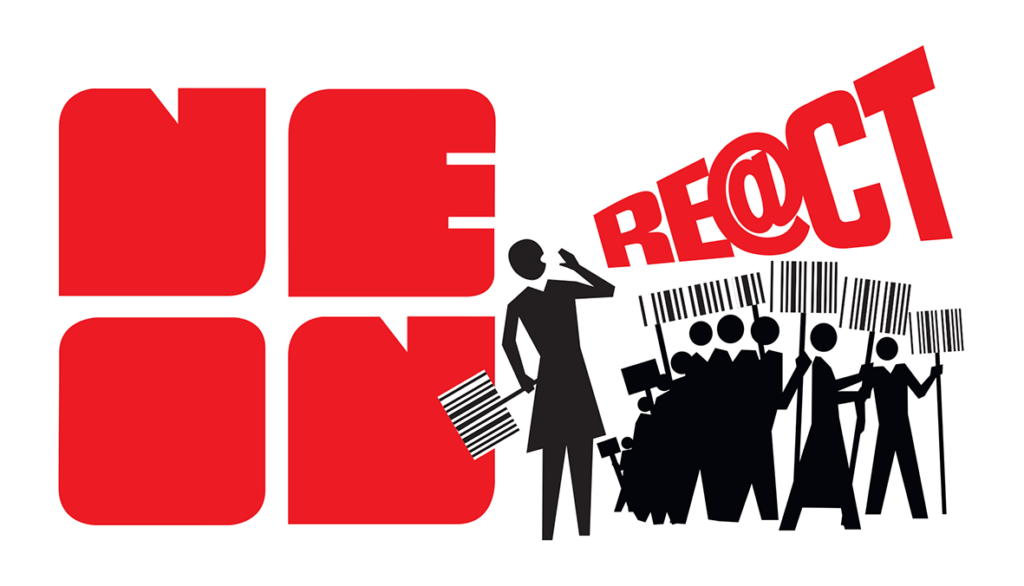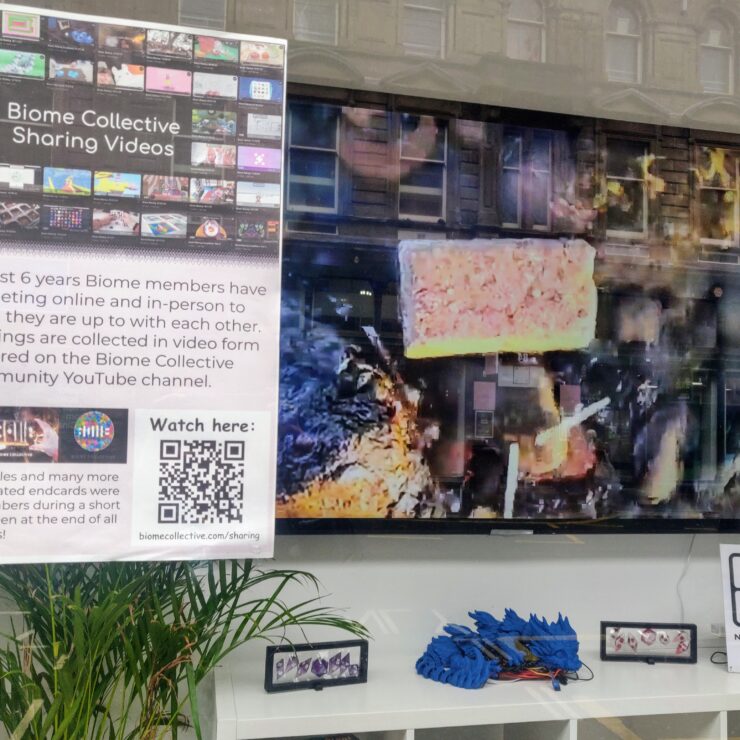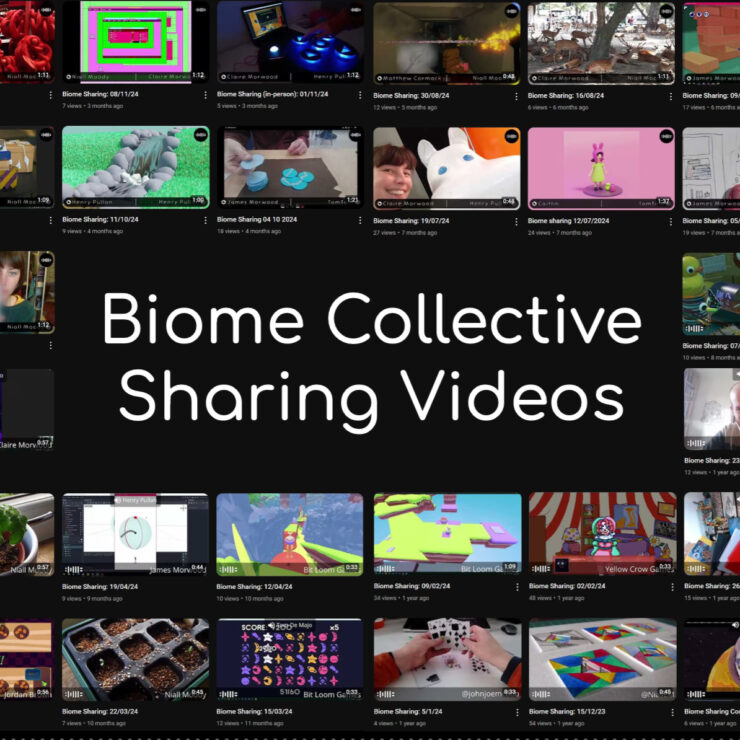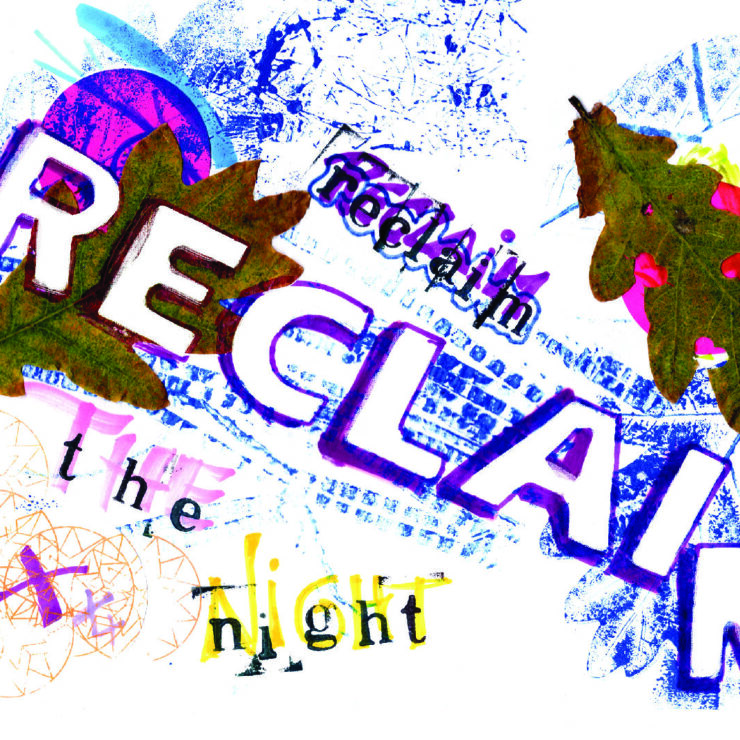Call for Submissions – Social Change Art Technology

Re@ct! Social Change Art Technology Symposium
Call for papers, panels, presentations, actions and workshops
NEoN Digital Arts Festival – REACT 2019 in Dundee, Scotland, will be exploring how artists use digital systems to effect change within our social and political realities. NEoN was founded in 2009, and with every annual edition of the festival has hosted an artist-led symposium. This year, we are very pleased to be organising an expanded 3-day symposium and interconnected activities entitled, Re@ct: Social Change Art Technology (from the 6th to the 8th November 2019), chaired by Professor Joseph DeLappe (Abertay University, Dundee), Professor Sarah Cook (University of Glasgow) and Dr Laura Leuzzi (DJCAD, University of Dundee).
Festival Dates 4th – 10th November 2019
Symposium Dates 6th – 8th November 2019
Extended deadline for submissions 5th July 2019, 5pm GMT
Themes
Many artists involved in digital arts have historically been prompted to react and respond to local, national, global, social and political crises (i.e. around issues of environmentalism, gender equality, exploitation, colonialism, militarism, emancipation). Re@ct will be a platform to critically examine the relevance and impact of past and present practices, theories and strategies – to engage an uncertain future through an exploration of the creative potential of digital art.
- Re@ct aims to provide a forum to explore how activist artists develop critical approaches to utilise, champion and pioneer the creative use of new technologies. To investigate experimental research methodologies – both theoretical and practice-based. To retrace early experiments by digital artists involved at different levels in forms of activism. To reconstruct histories at present ‘lost’ to international scholarship. To question how to preserve these artworks, with their context and narratives and how to represent and re-mediate them to future generations.
- Re@ct aims to present contemporary strategies and forms of protest, resistance, resilience and reaction enacted by artists. To debate the status and role of the artists, curators, art historians, collectives, producers and institutions involved in digital art and activism. To reconsider the role and the dynamics of activists’ artists’ communities and collectives today. To investigate the impact of digital art and activism upon society on a larger scale, on the government and on economies – does it work?
- Re@ct aims to imagine and speculate as to how best to move forward into the 21st century utilising emerging digital technologies (virtual reality, augmented reality, blockchain, etc). To stimulate the production and dissemination of written and practice-based methodologies for the ongoing engagement of social and political digital art production and scholarship.
Structure
Rather than a typical academic symposium this is instead an opportunity to engage with a broadened context of action – each day will involve multiple venues, talks, panels, walks, actions and performances spanning the city of Dundee, and in context of NEoN’s Festival format.
We welcome submissions and proposals from creative practitioners and theoreticians from different perspectives and approaches including artists, activists, curators, art historians and designers. All those who identify as working in visual and performative media are invited to apply so long as your work incorporates digital systems, including but not limited to: interactive art, robotics, movement/dance/performance art/experimental theater, computer gaming, net art, culture-jamming, video/animation, generative systems, social practice, electronic sculpture, locative media, augmented reality, AI, telematics, electronic music/audio art/electro-acoustics/sound art…..
Papers, Panels and Presentations
We seek papers, panels and presentations that investigate, assess, contextualise, critique, question and ultimately engage digital art and activism. Selected papers from the symposium will be published in the peer reviewed journal Media-N Journal of the New Media Caucus in a special issue expected to be published in Spring 2021.
Actions, Performances,Temporal Works:
We are keen to receive proposals for temporal works, street actions, mobile engagements and creative interventions that could enhance and expand upon the themes of the festival and symposium. We have modest “Action Grants” ranging from £250-£500 available to help facilitate such proposals.
Workshops
We seek proposals for workshops that creatively involve and engage festival attendees and our community towards participation, activation and agency.
APPLICATION DETAILS
Paper or Presentation
This could be about your own practice, a current project, this could span from past, present to future practices and theories related to digital arts and activism.
Title and abstract for a 20 minute paper in pdf format (max 250 words). Include your name, 200 word bio, 2 page CV, affiliation, email and website(s).
Panel
Title and abstract for your panel in pdf format, (max 250 words for panel abstract, one 250 word abstract per proposed panel presenter). Include name(s), 200 word bios, 2 page CV’s (one per panelist), affiliation(s), email(s) and website(s) for each panelist.
Actions
Temporal works, street actions, mobile engagements, creative interventions, performances…
Title and description of your proposed action in pdf format (max 250 words). Include name(s), 200 word bio(s), 2 page CV(s), affiliation(s), email(s) and website(s).
Workshop
Title and description of your workshop in pdf format (max 250 words). Include name(s), 200 word bios, 2 page CV, affiliation(s), email(s) and website(s).
SUBMIT HERE
EXTENDED DEADLINE: 5th July 2019, 5pm GMT
Limited Travel Grants available for current Phd or MFA candidates and recent graduates within 2 years of completing their Phd or MFA.
You should receive an email acknowledgement of receipt of your submission. For questions or further information please email
The event is supported by NEoN, Creative Scotland, The Royal Society of Edinburgh (RSE), DJCAD (University of Dundee), University of Glasgow, and Abertay University, Dundee.


